Henryk Kuźniak
출생 : 1936-03-17, Czeladź, Silesian Voivodeship, Poland
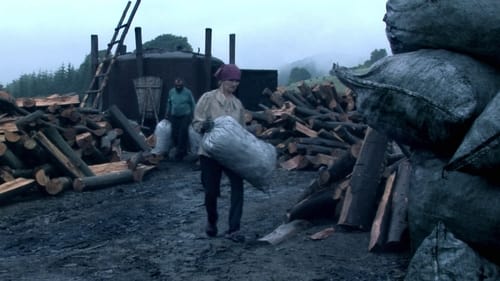
Music Consultant
Every summer, Marek and Janina work as charcoal burners in Bieszczady. Far from civilization, surrounded by the mountain range, they live in unison with nature and its rhythm. We accompany them from dusk to dawn, observing the slow passing of time. This is a story about people, who have chosen a simpler life.

Original Music Composer
Panoramic view of a resort town in the summer of 1930. In seventeen episodes we get a glimpse at the microcosm of its colourful inhabitants and visitors, Poles and Jews, the high society and the desperately poor.
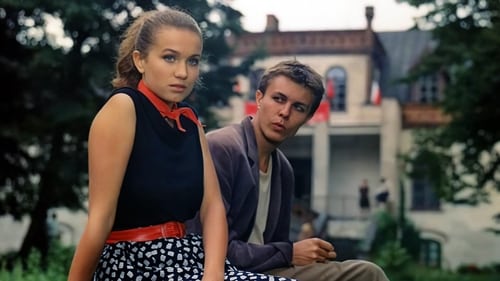
Original Music Composer

Music
A young Varsovian runs away from the Nazi’s attack on the East. He falls into the hands of the NKVD. Suspected of espionage, he ends up in a camp in Siberia. He will spend the war in a psychiatric hospital.

Music
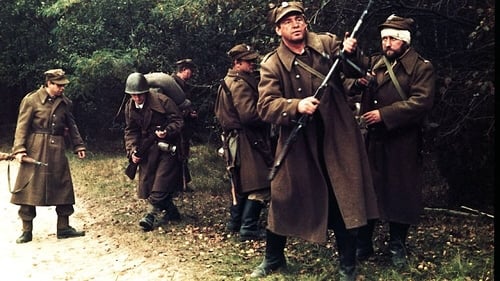
Music

Music
Stasiek, who lives in post-war Warsaw, discovers the true face of his parents whom he had so far idealized.

Music
Old couple dreams about a cruise.
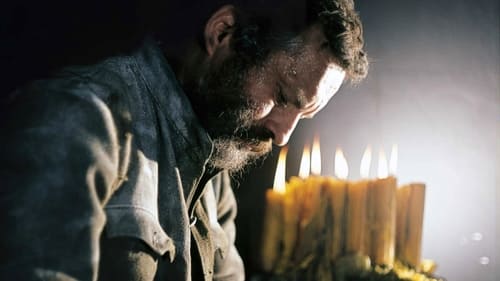
Music
A captain and lieutenant of the Russian army are buried in the basement of the Przemysl Fortress during the First World War.
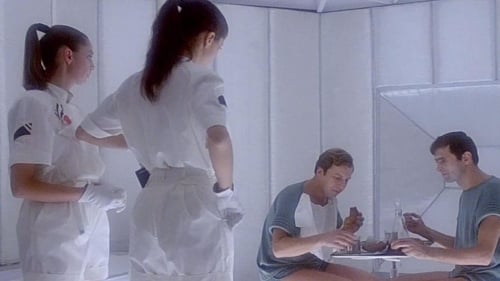
Original Music Composer
여성만이 지배하는 미래 사회, 50년 만의 동면에서 깨어난 두 남자 만이 살아남은 유일한 남성의 표본. 그들은 곧 이 사회에서 “정상적”인 존재로 탈바꿈해야 한다는 사실 – 즉 여성이 되어야 한다는 사실을 깨닫게 된다. 두 주인공은 자신들의 그것(!)을 지키기 위하여 고군분투한다.
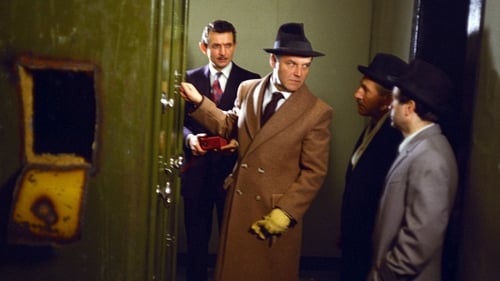
Original Music Composer
October 1934. Poland. Famous bank robber Kwinto decided to quit his dangerous criminal job, but after his friend's death, he changed his mind and organized a burglary of famous and well protected bank which belonged to his former partner in crime, backstabbing and double-crossing Kramer. Kwinto designs a clever plan not to only rob the Kramer's bank but to make it look like Kramer himself did it.

Original Music Composer
The action-packed historical and revolutionary film about the struggle of the VCHK with the international conspiracy against the Soviet government in Russia in the beginning 20s. On the activities of Dzerzhinsky, chairman of the VCHK, People's Commissar of Internal Affairs and at the same time Commissar of Railways. About the work on resuscitation of a collapsed industry, army, railways, to which the Iron Felix attracts (some by threats, some by persuasion) pre-revolutionary intellectuals.
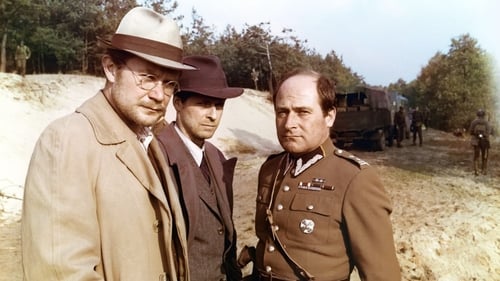
Original Music Composer
Three Polish mathematicians are the first to crack the sophisticated Enigma code used by the Germans just before the Second World War. They build replicas of the Enigma machines and manage to get two of the machines to the British and French code-breakers before the German invasion of Poland in 1939; they ask that recognition be given to their work at the end of the war. After the invasion, the Polish cipher bureau escapes and continues their decoding in Algeria and unoccupied France.

Original Music Composer

Music
Franek, a petty criminal and gambler, befriends Rysio, who performs inspections of meat plants. Rysio suspects wrongdoings at the slaughterhouse. Franek, despite his age, cannot find a place in life, with nothing achieved and, what's more, still not knowing what to do.

Music
Two young men from a town near Lodz attack and rob a taxi driver, hoping he will have a lot of cash. Wanted by the Militia, they run away through Poland.
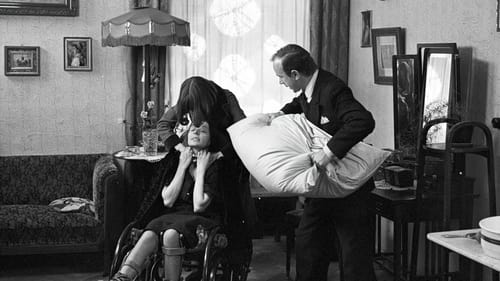
Music
Based on a pre-war murder case of the Malisz couple. They end up committing a petty robbery and a sordid murder. He is an illustrator who is not used by a climbing architect. His folks don't like his wife and keeping both of them around as they float from one petty job to another. They finally try to rob a mailman of a bogus money order they have cooked up and end up killing an old, invalid couple with whom they have roomed.

Original Music Composer
An impressionistic film about bidding farewell to departing army recruits and the end of freedom.

Sound
The race does not begin at the start line, it does not end at the finish line either. The camera observes the participants of the Polish 4x100 metres relay team not racing, but getting ready for the race and slowing down after the finish line. The competition would not exist without the following stages: mobilization, full of anxiety, and composure of the red-hot organism.

Sound Editor

Sound
This museum does not collect the achievements of mankind. On the contrary, we can find there the evidence of its fall. The Auschwitz-Birkenau State Museum and its exhibits.

Sound Editor
Havana, 1961. After the success of the Cuban revolution, the city was no longer just a capital of nightlife. The city was changing for the benefit of the local population: it opened beaches, built blocks of flats, guarded the coast.














